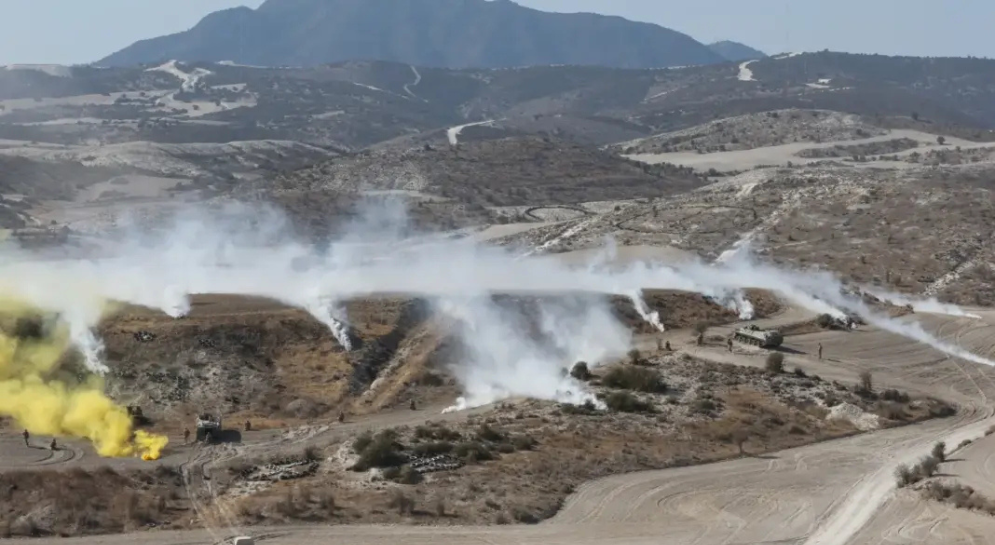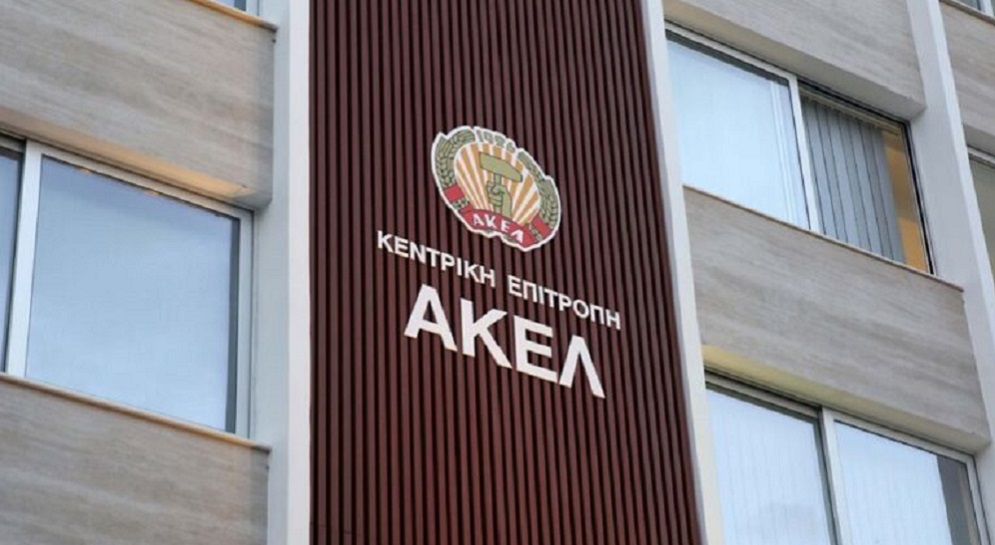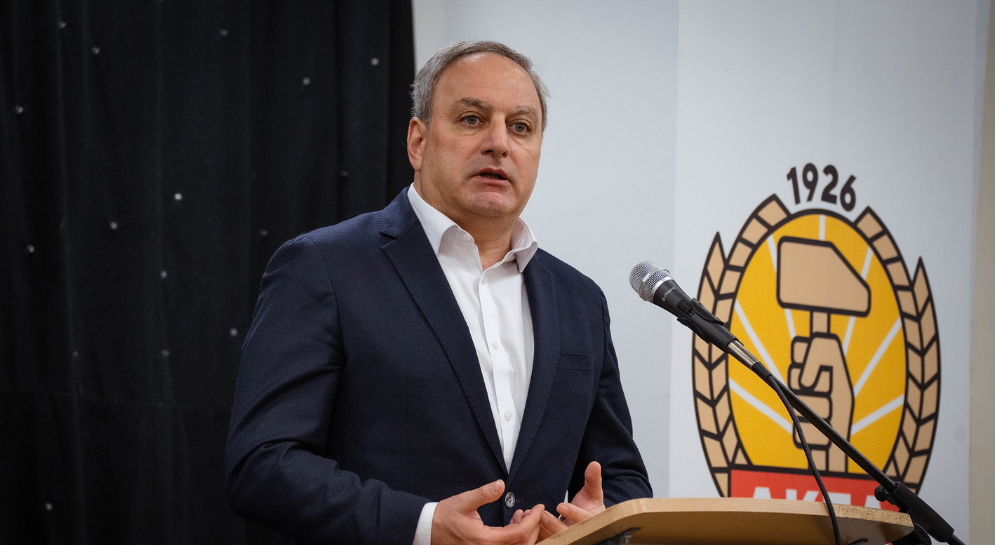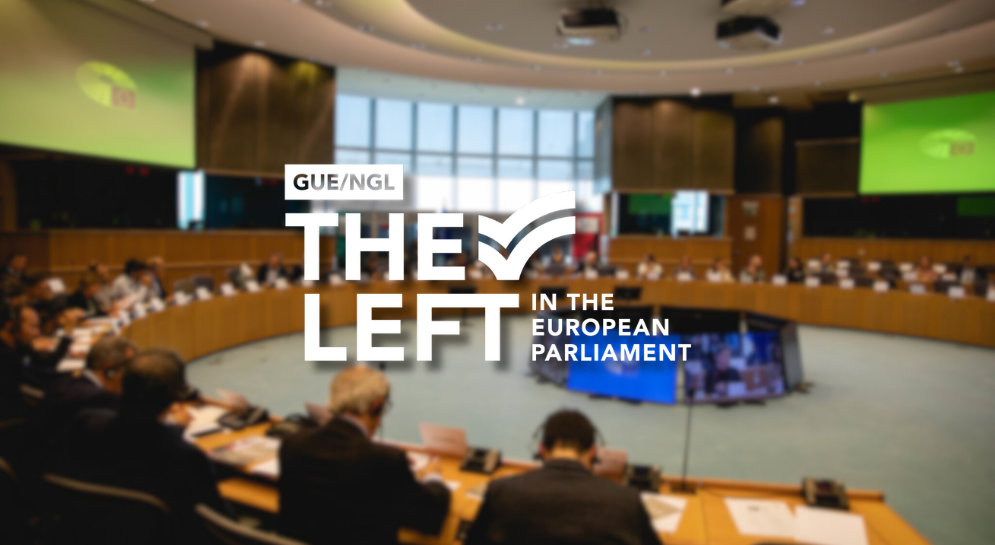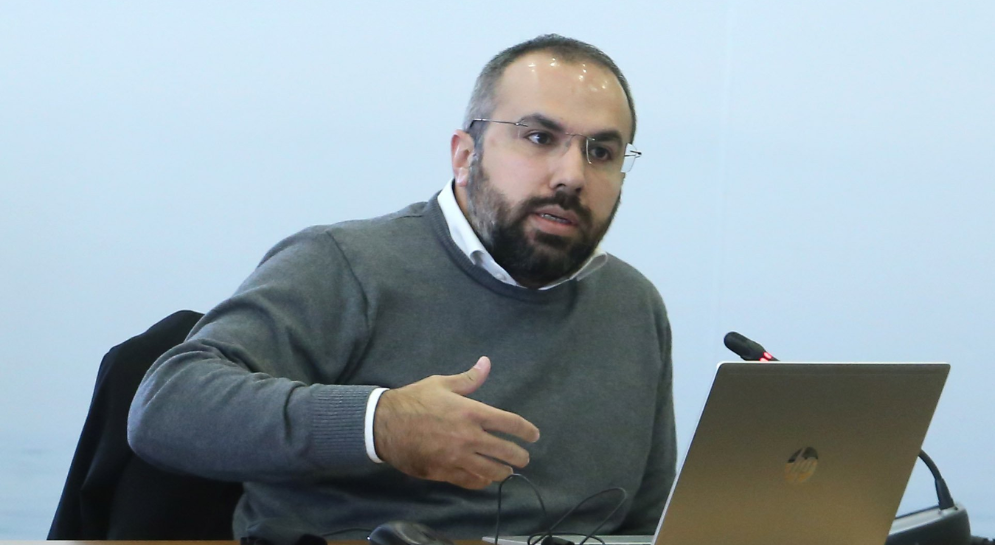
It wasn’t just another militant popular demonstration… – Article by Giorgos Koukoumas, member of the Central Committee of AKEL and AKEL C.C. Spokesperson
28 August 2022
The demonstration that was organised in August 1944 was literally a hand-to-hand battle between thousands of demonstrators of the Left and the colonial police. In August 1944 the whole of Cyprus was on alert to take to the streets because of the visit of Sir Cosmo Parkinson, the personal envoy of the British Minister for the Colonies. The colonial government’s greatest fear was the outbreak of a new uprising similar to the October 1931 uprising, since the British colonialists knew that AKEL would use the visit for organising demonstrations and rallies. By an emergency decree of the colonial Governor on 15 August, “all assemblies throughout the island”…were banned as a precautionary measure.
The truth was that AKEL was indeed totally committed to…properly “welcoming” Parkinson. The initiative for joint action by all political parties and organisations on the occasion of the visit was rejected by the right-wing party, KEK, as well as the right-wing trade unions of SEK. On the other hand, AKEL, the trade union movement of the Pancyprian Trade Union Committee (PSE) and the Municipal Councils with a left-wing majority, defying the prohibition colonial decree, started …warming up with district and local rallies on 17 August. The gathering at the Nicosia Trade Union House turned into a militant march of 5,000 workers who marched through the main streets of the city. In a flash, the British colonialists arrested 16 leading militants of AKEL, PSE and PEM (Pancyprian Union of Small Shopkeepers), the first of them being the General Secretary of the Central Committee of AKEL Ploutis Servas and the General Secretary of PSE A. Ziartides “for organising and participating in an illegal gathering”. This was an attempt to intimidate not only the Left, but all Cypriots too, seeking to prevent a new rebellion against colonialism.
The three-member Reserve Leadership of the Party, headed by Fifis Ioannou (later General Secretary of AKEL), decided that the clash would escalate the next day when the arrested people were to be taken to court. A “battle plan” was then drawn up in the centre of Nicosia. The aim was the organisation of a tremendous mass demonstration of the power of the Left so that the British colonialists would not dare to sentence the arrested militants. It was decided, if necessary, to have a “coordinated clash” with the police forces and “if possible to take the leaders of the people’s movement out of the hands of the police”. The command headquarters was set up in the shoe factory “Misielli” in Ledra Street, with “look outs” stationed all over the city to keep the leadership informed of police movements. Thousands of workers organised overnight on how they would act the next day, while shopkeepers were notified to come out with flags on balconies and pavements.
When, on the afternoon of 18 August, the defence lawyers sent a message to the leadership centre that the defendants were coming to court, the signal was given. Almost 10,000 workers “poured out of all the streets of Nicosia like ants” and joined in a huge convoy that occupied the whole of Ledra Street and ended up in the Courts Square. The sound of the crowd, the slogans for self-determination of Cyprus and for the release of the leaders of the people’s movement vibrated the courtroom, while many had made their way into the courtroom itself. While the President of the Court was announcing that, due to the unrest, the trial would be postponed for the next day, the colonial police, reinforced by cavalry, were ordering the “dispersal of the gathering” and were raising their batons. But the Leadership’s instructions spread like lightning through the demonstration: “No one will be dispersed! Attack!”
Fifi Ioannou’s description speaks of a real battle. The demonstrators, “armed” with flagpoles, banner sticks and stones, fought back. The demonstrators not only drove back the British colonial police, but disarmed almost all of the police, collecting batons, helmets and shields for “booty”. The accounts make special mention of the role of the Movement’s women who were at the forefront of the demonstration and, led by the legendary comrade Kyriakou Pavlaki Georgiou, were the first to attack the police cordon. The “battle” ended with the police counting the wounded and the demonstrators leaving in victory to gather at the Trade Union House, on Patriarch Grigoriou Street, where the Mayor of Famagusta, Adam Adamantos, delivered a fiery speech.
Faced with the danger of a general popular uprising, the British colonialists retreated and the Court, the next day, limited itself to imposing fines on the arrested AKEL leading militants.
A second round followed, of course. Three days later, AKEL and PSE announced to the British colonialists that 28 August is declared a “day of referendum and demonstration of national aspirations”. The colonialists officially and openly threatened violence to break up the ‘illegal’ assemblies, while Sir Parkinson declared himself ready to include AKEL and the PSE among the political parties and organisations he would meet for an exchange of views provided that no demonstrations would be organised. AKEL and PSE responded that they did not accept the colonialists’ conditions and would not meet with Sir Parkinson at the same time as the colonialists were dragging dozens of Cypriots to court for demonstrating. (In Larnaca the press reported the sentencing of 43 other AKEL militants.)
Despite the threats, 28 August 1944 turned into a workers’ and shopkeepers’ all-Cyprus strike, with district rallies organised in all the towns, while Sir Cosmo Parkinson…preferred not to be in Nicosia that day, even though the capital was swarming with police and barricades. It was obvious that Parkinson understood what message he had to take back to Britain about the sentiment of the Cypriot people.
For three months (from 19 August to 3 October, according to “Eleftheria” newspaper) the British colonialists were dragging militants of AKEL and the People’s Movement to the courts and prisons.
But August 1944 will bear witness to what force constituted the backbone and the spearhead of the mass political anti-colonial struggle in Cyprus for self-determination and freedom.
This was another glorious page in the history of AKEL.
Another page of modern Cypriot history that is hidden and concealed…

